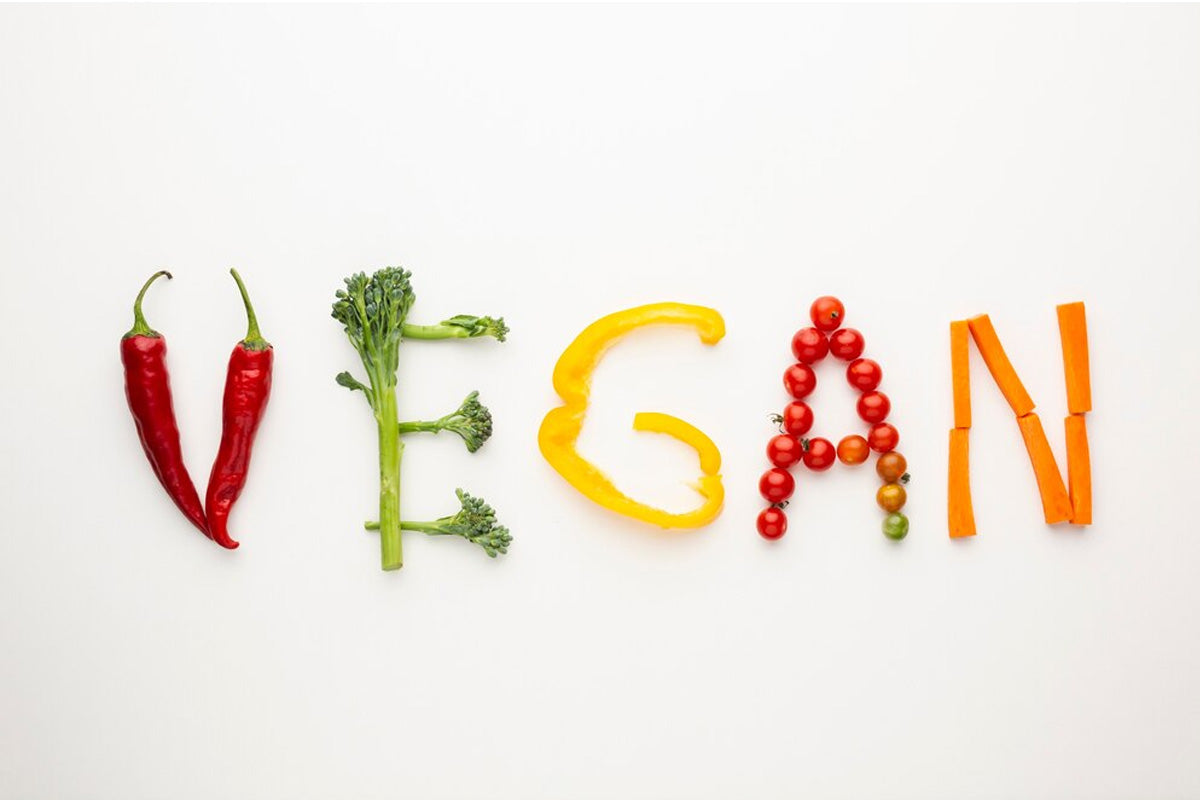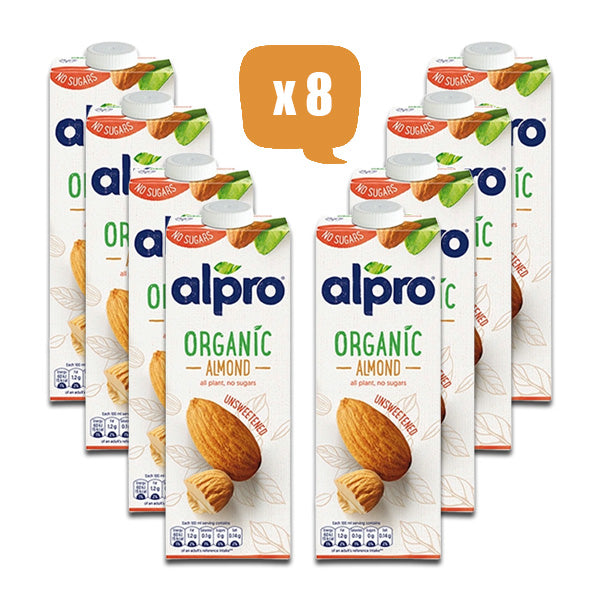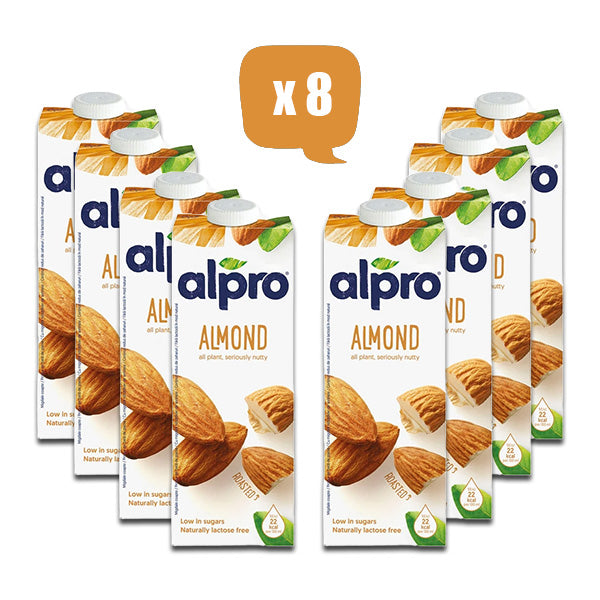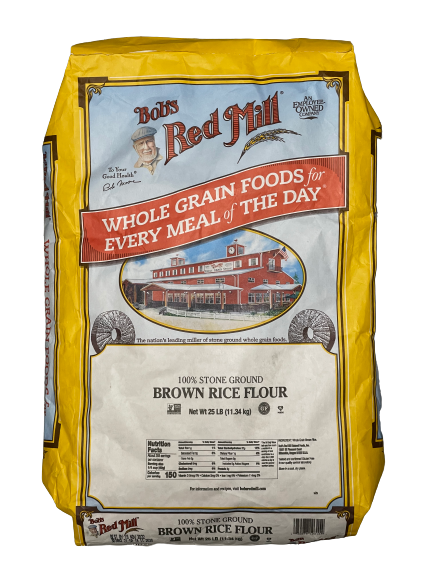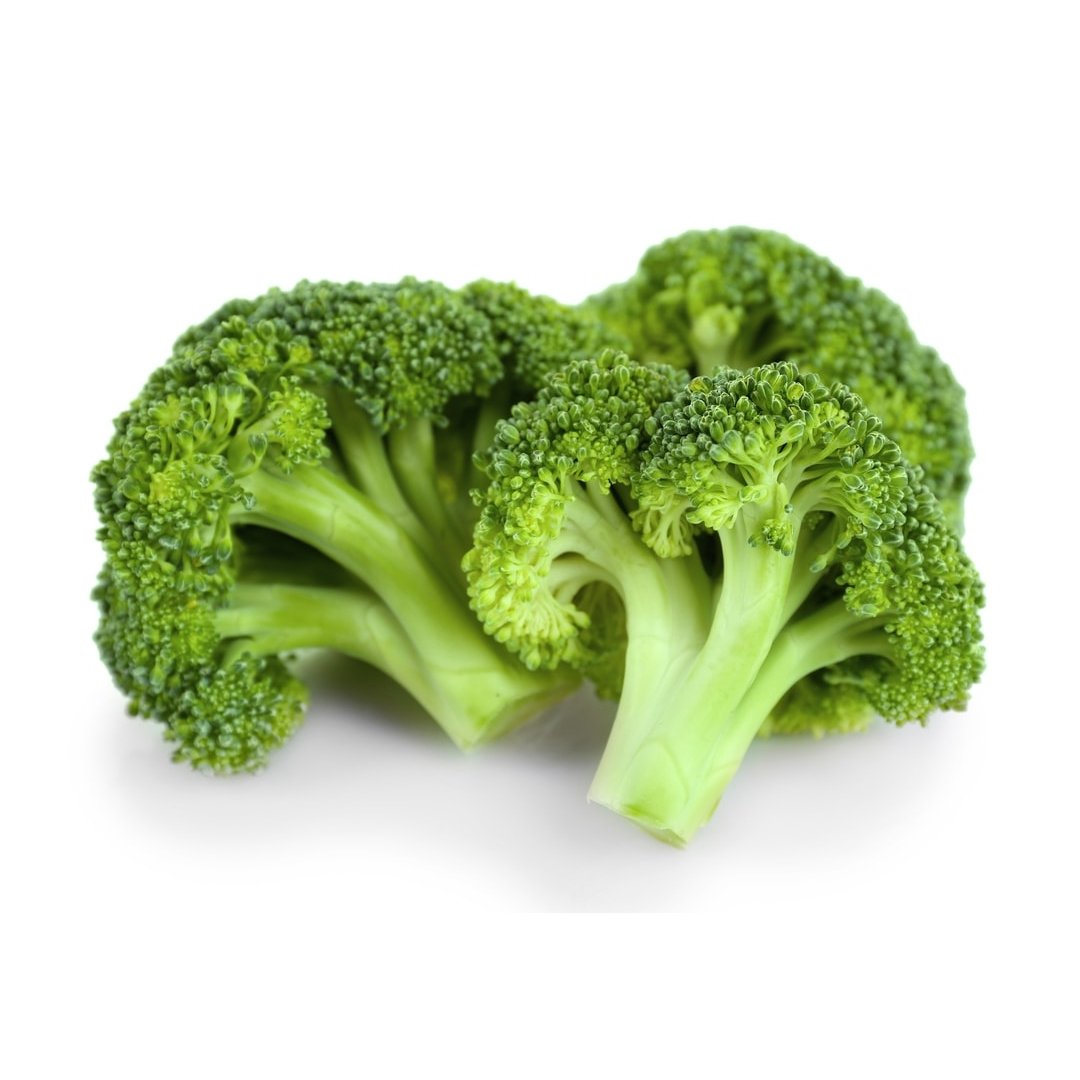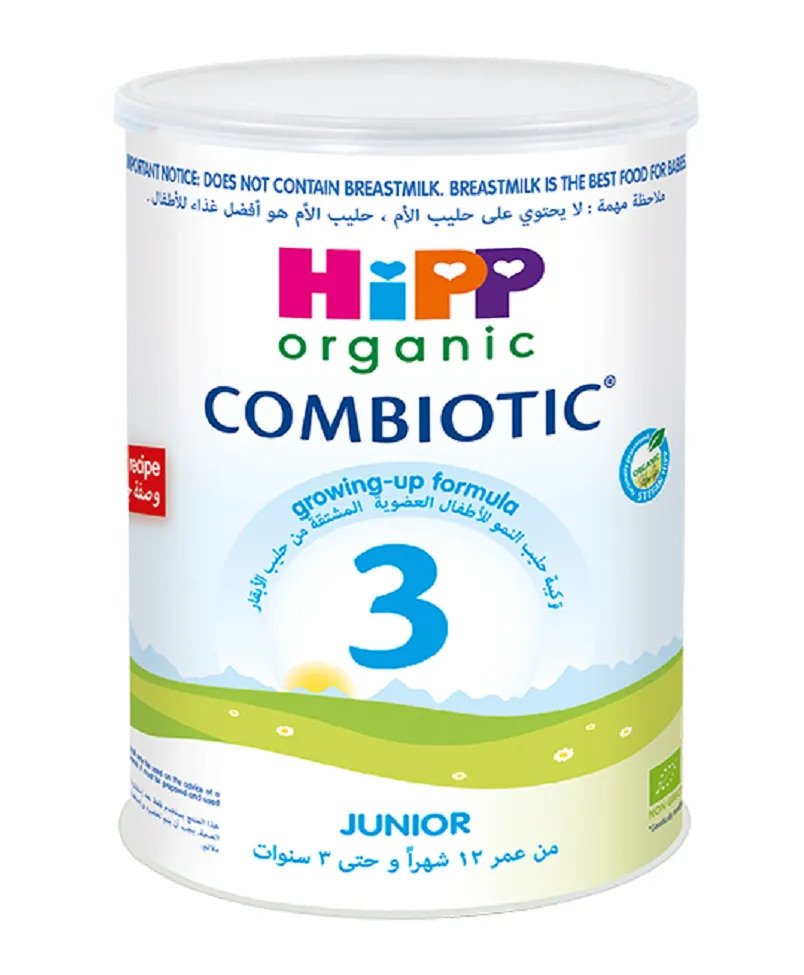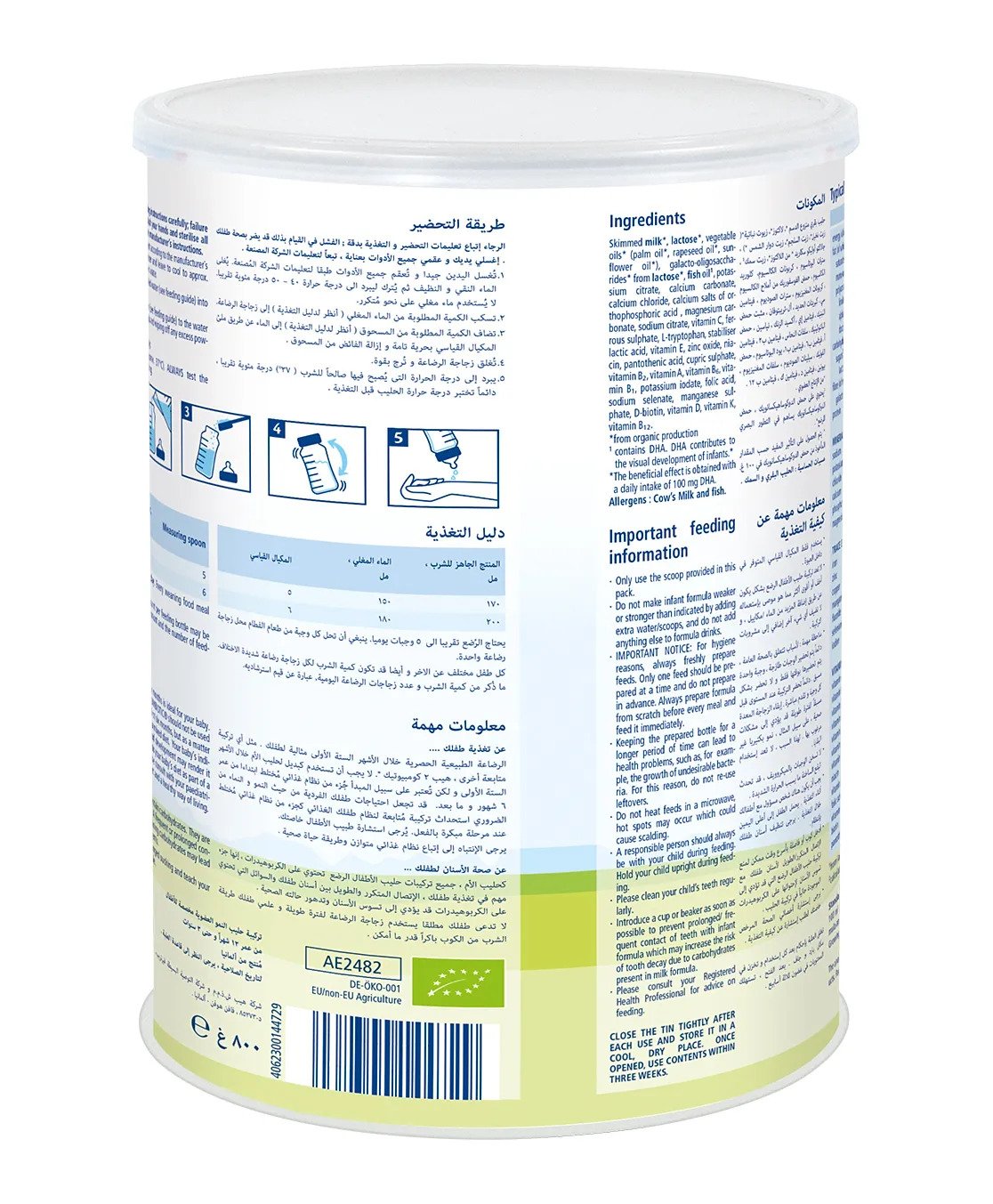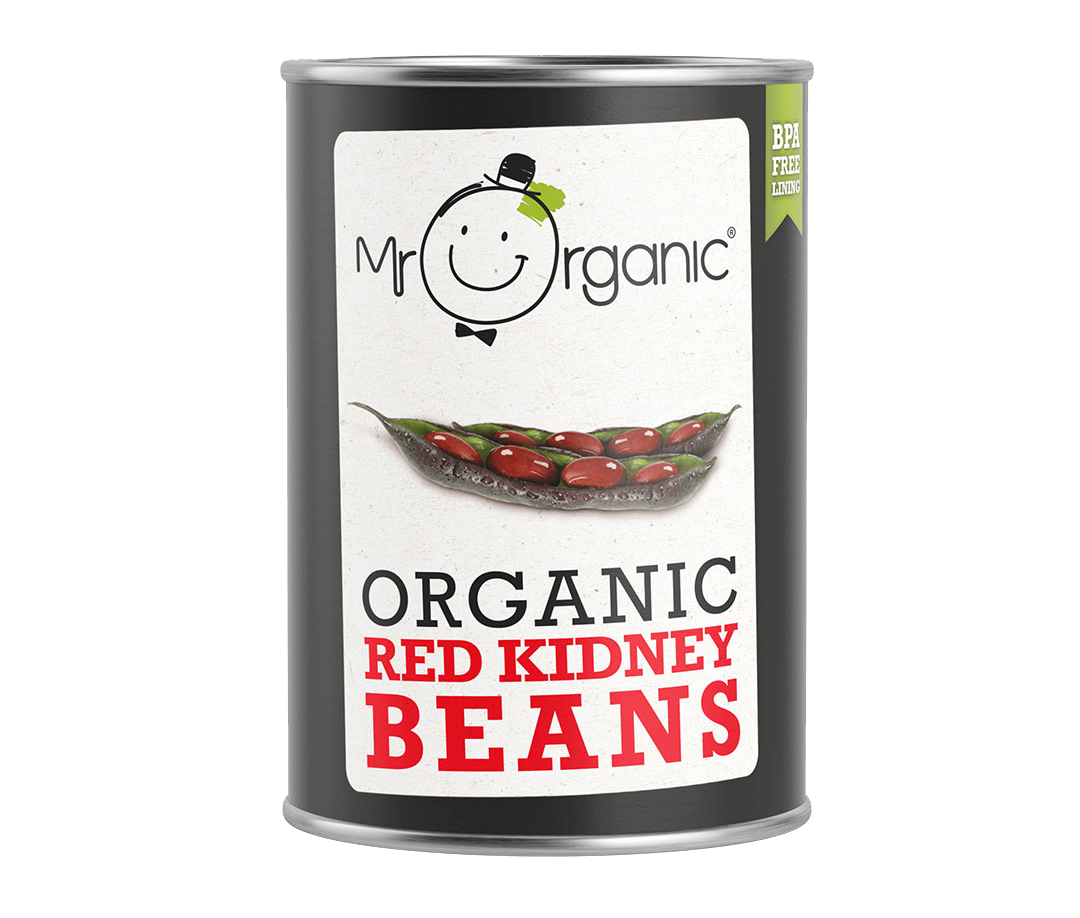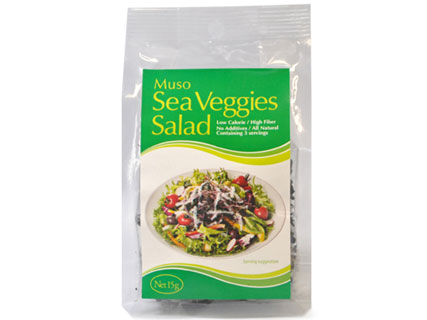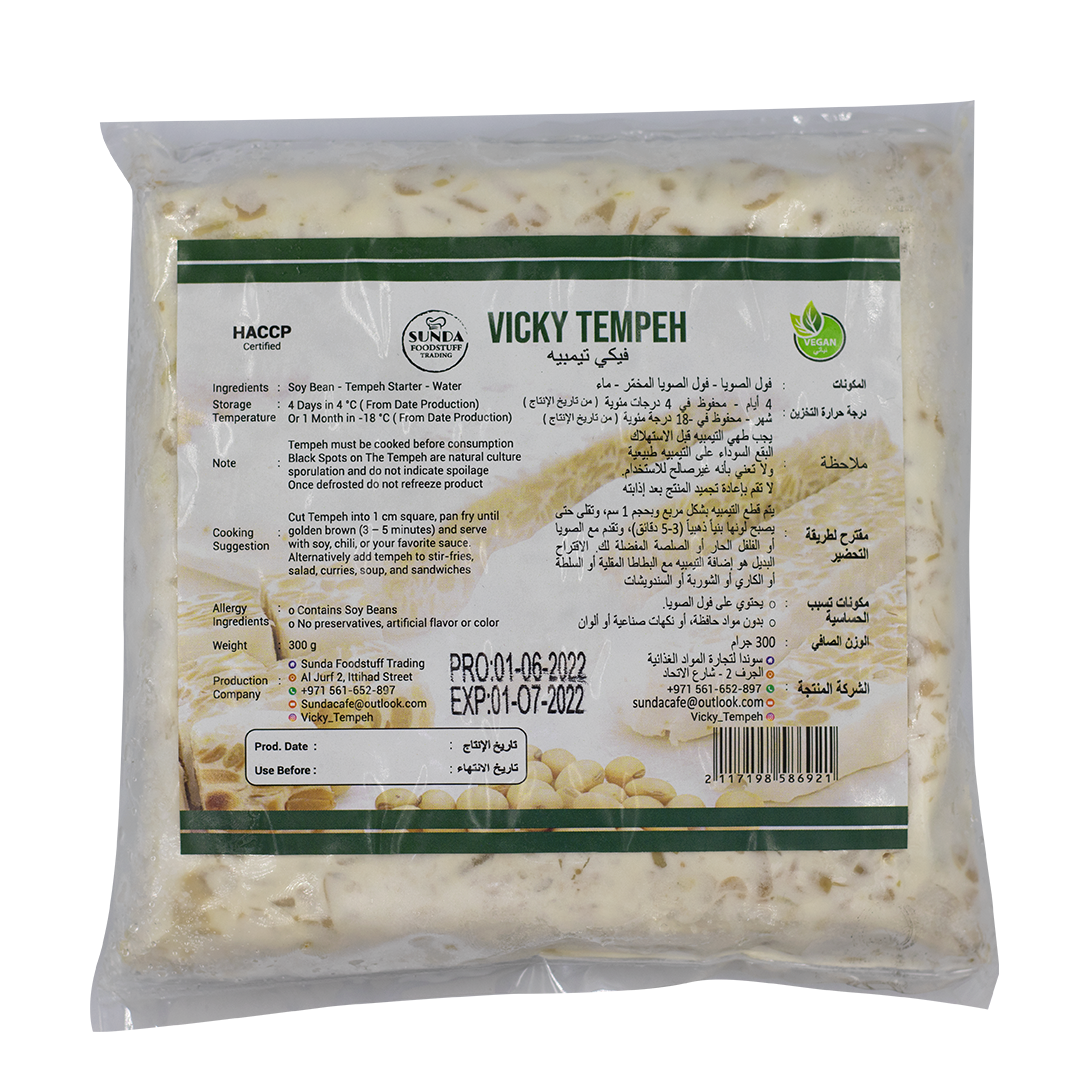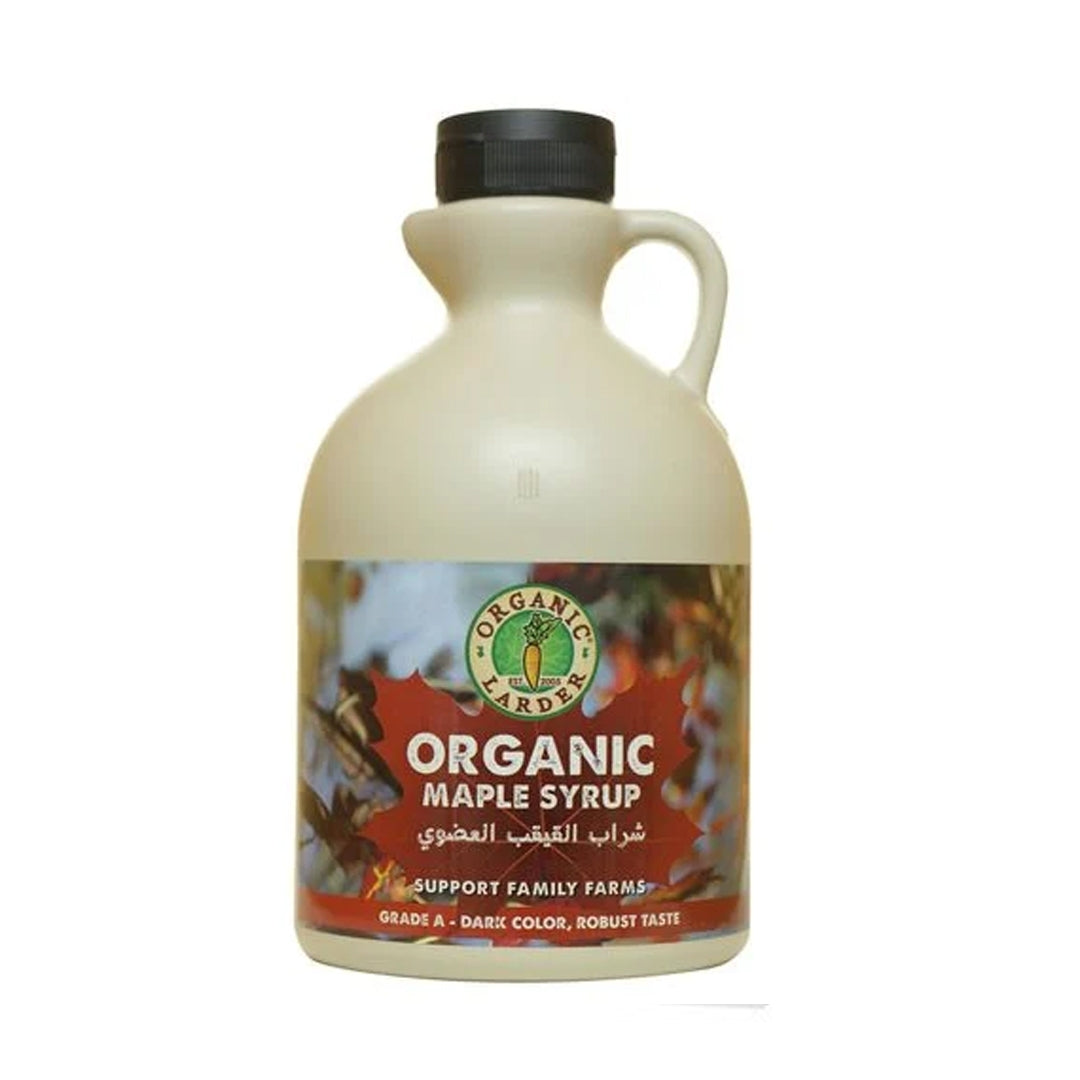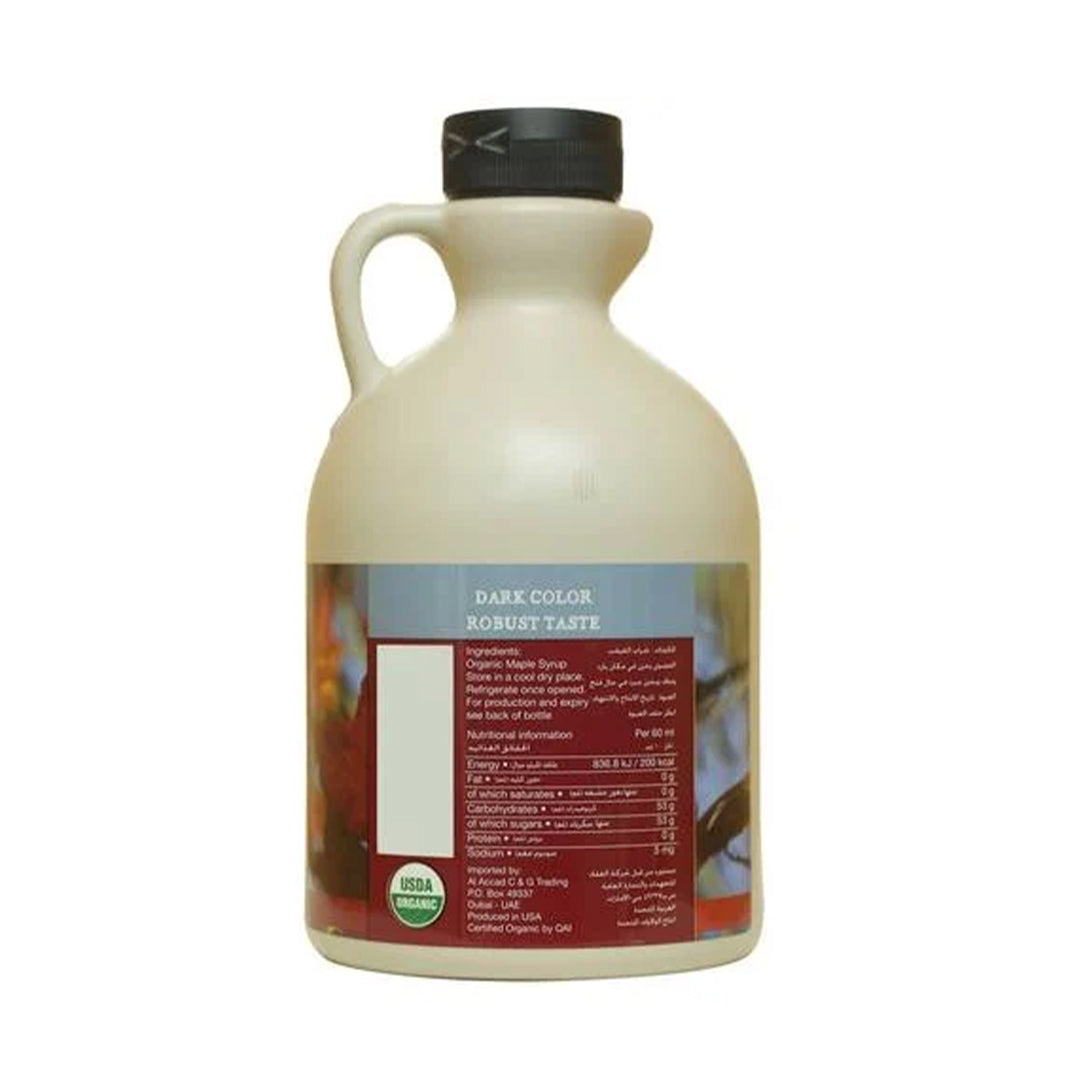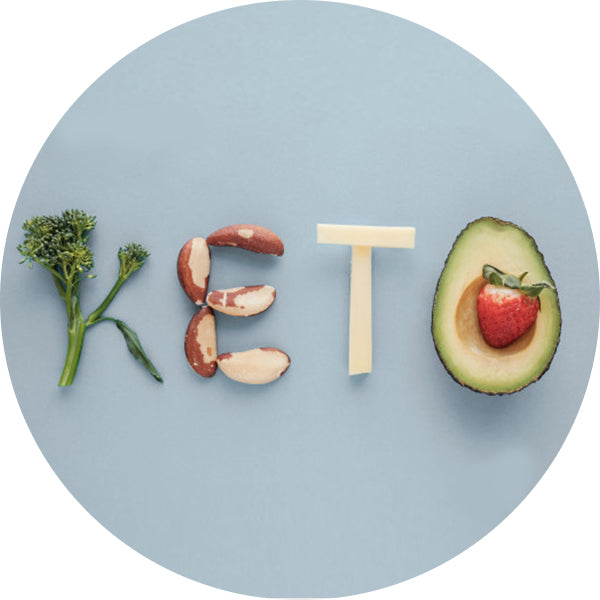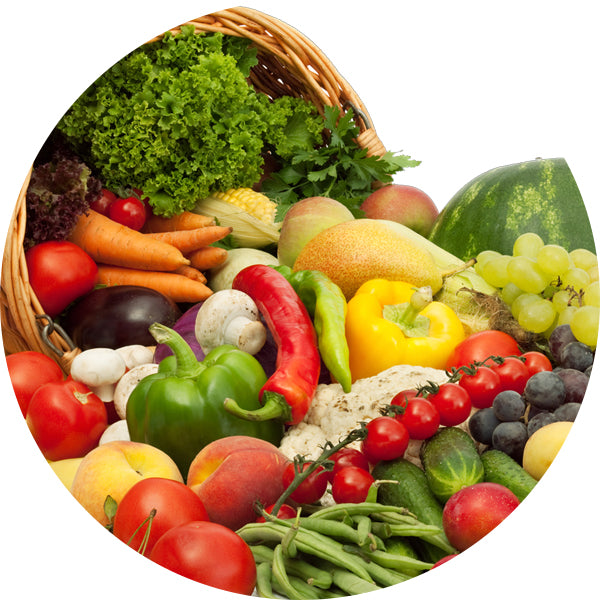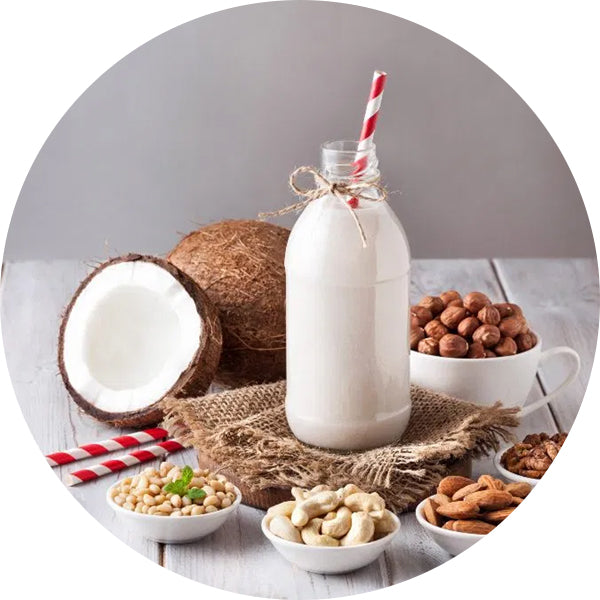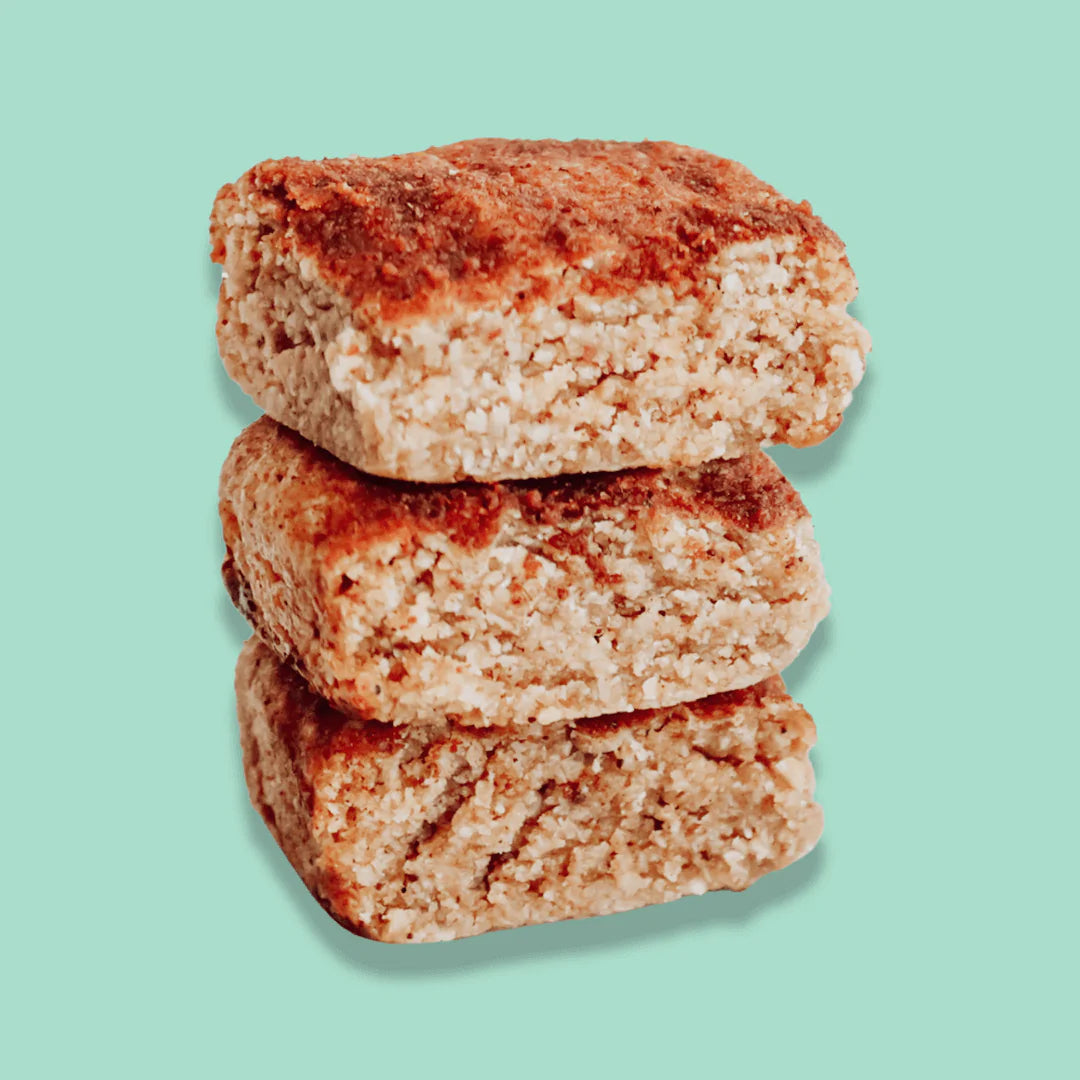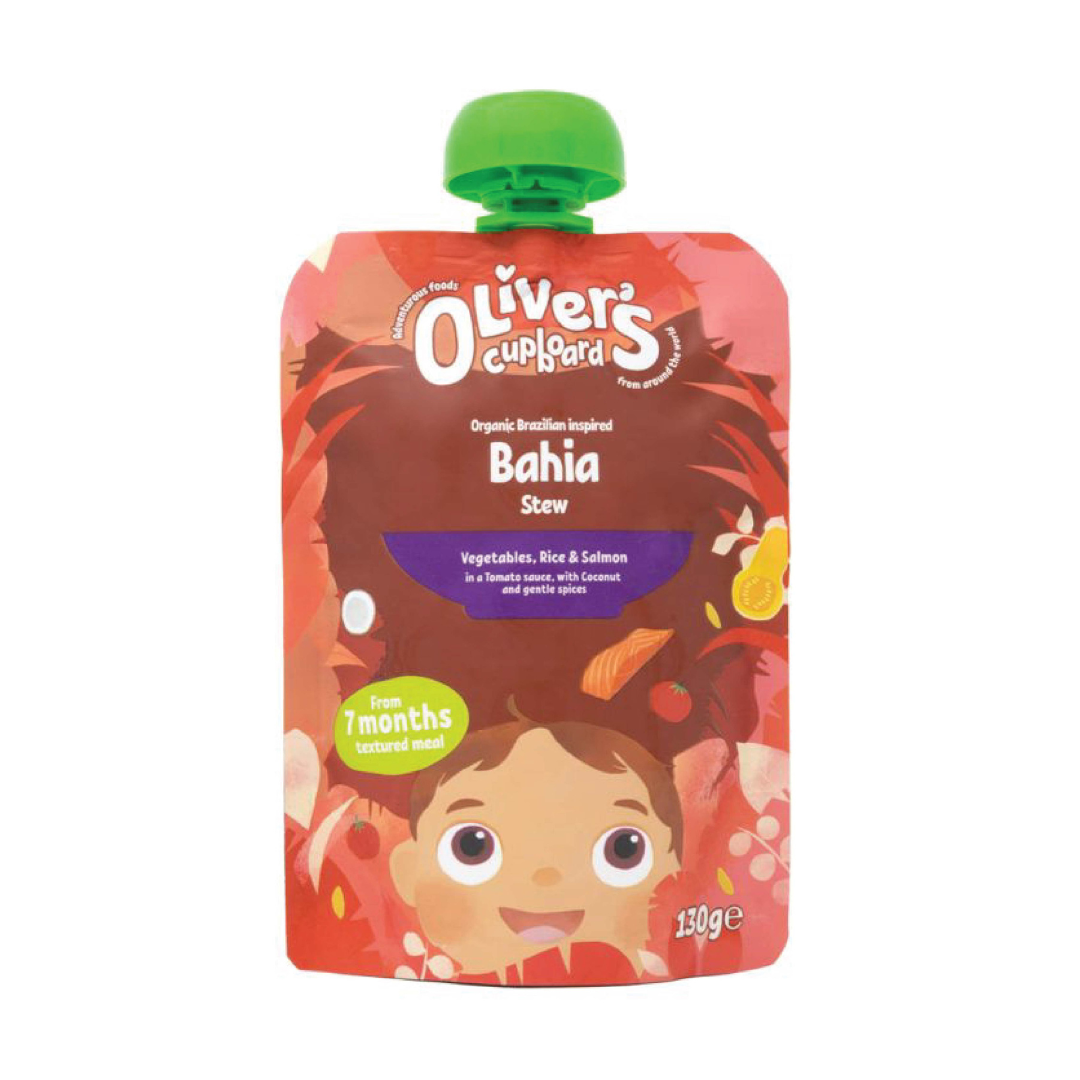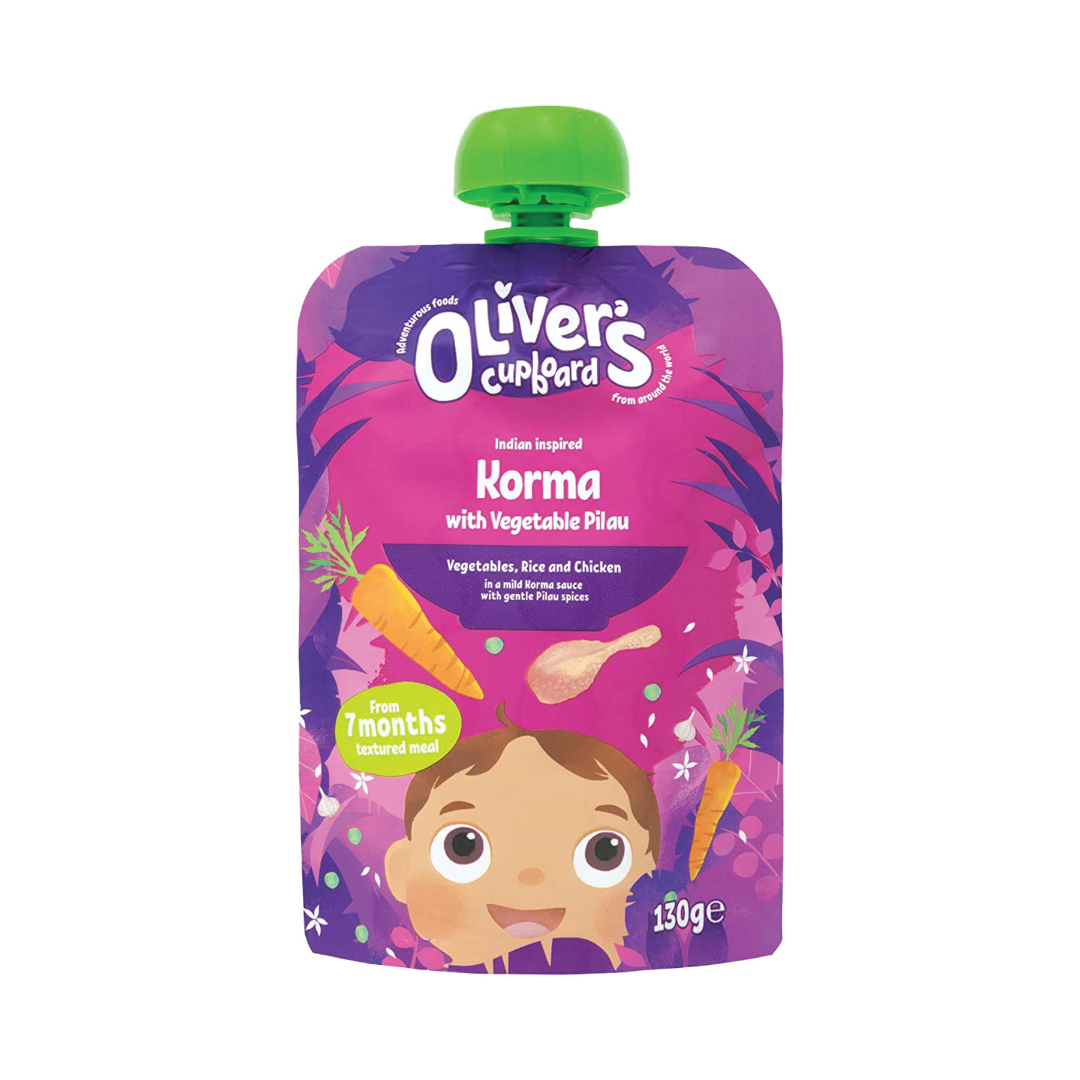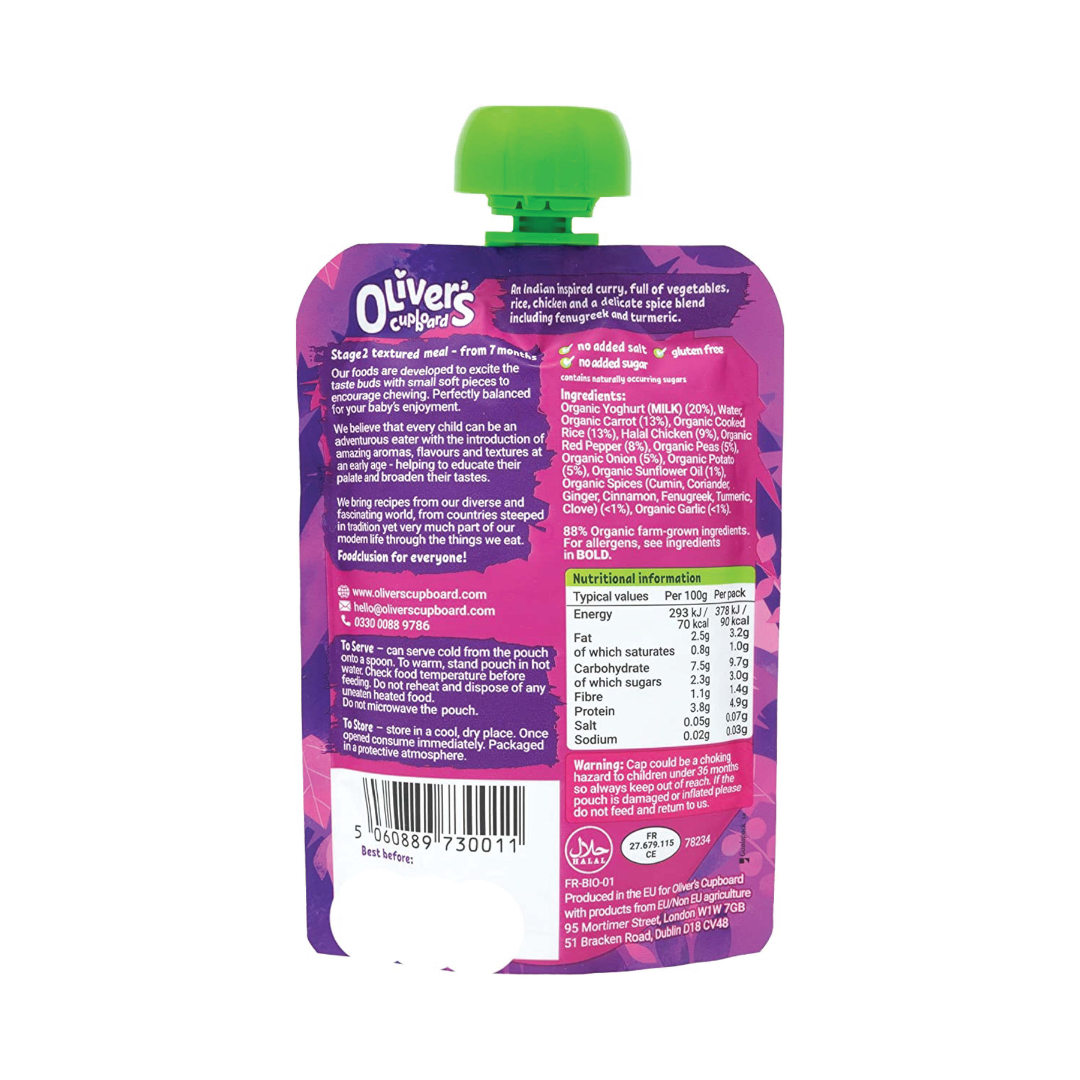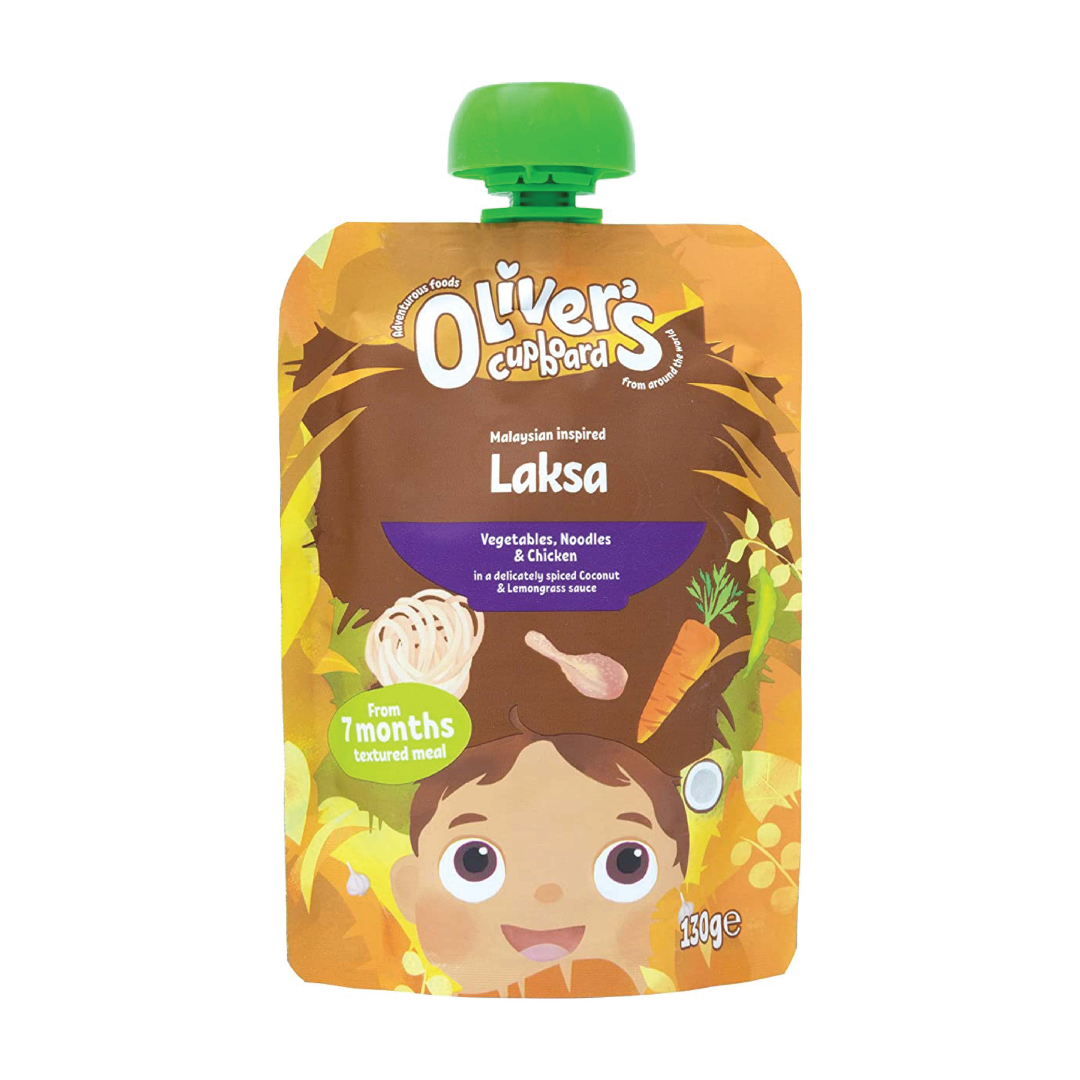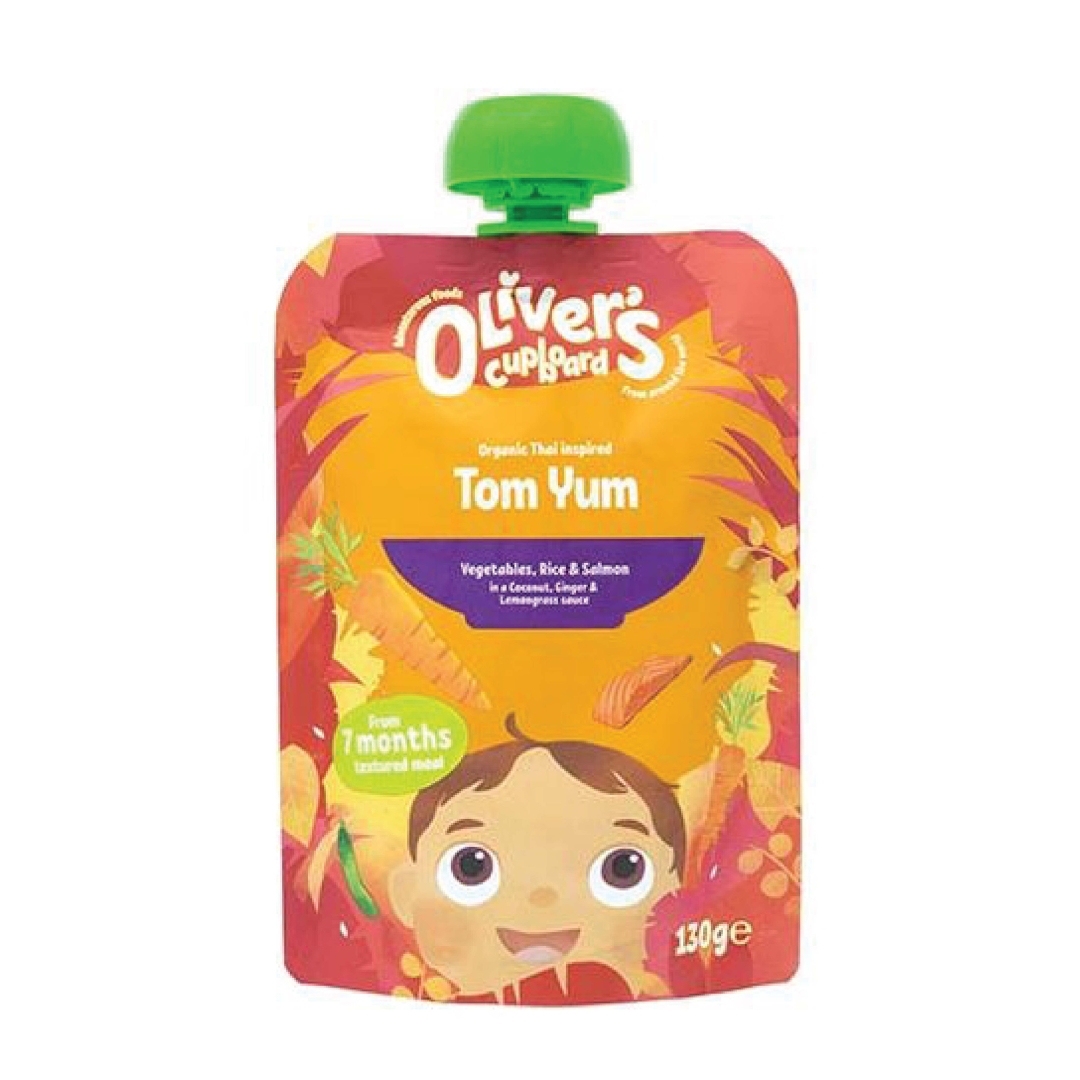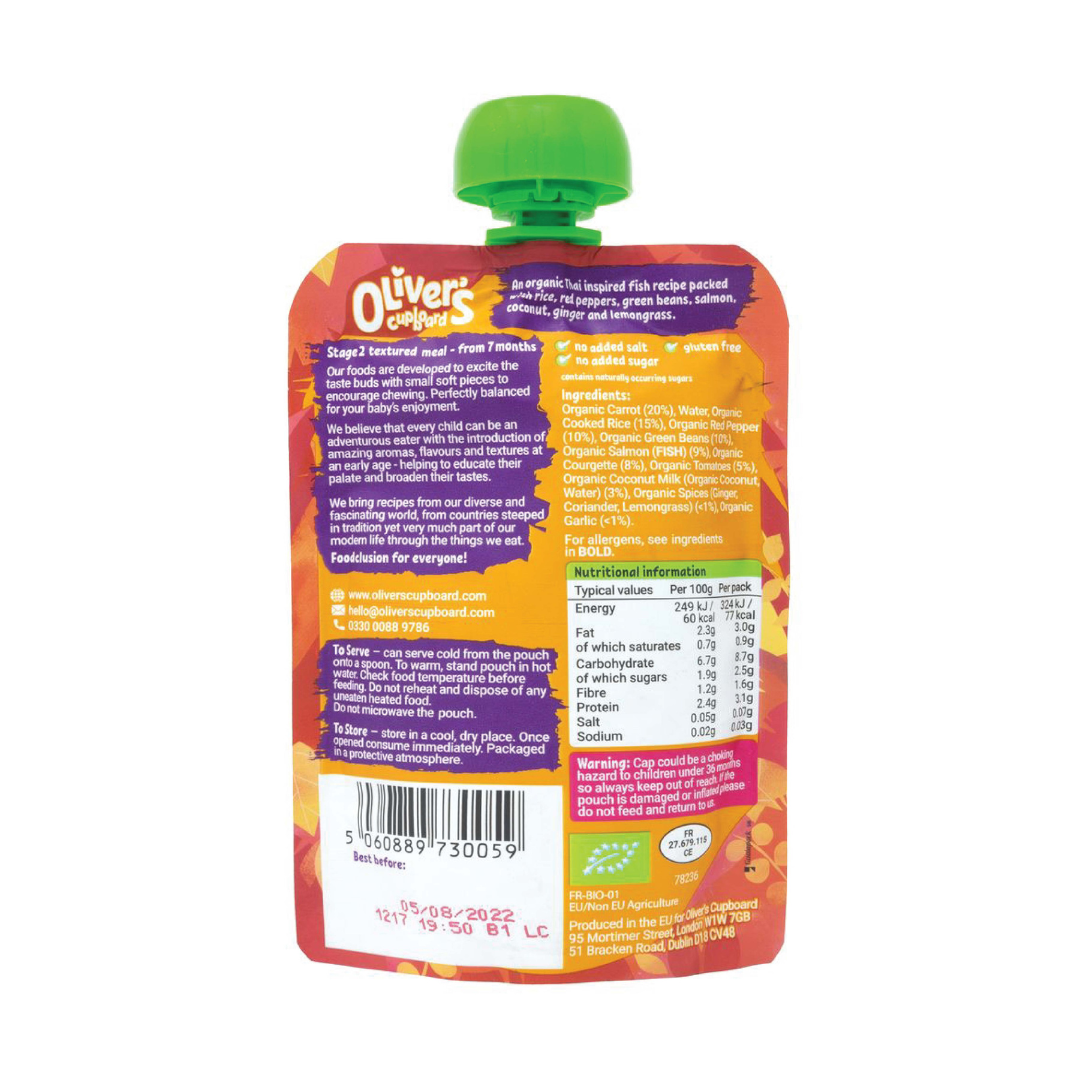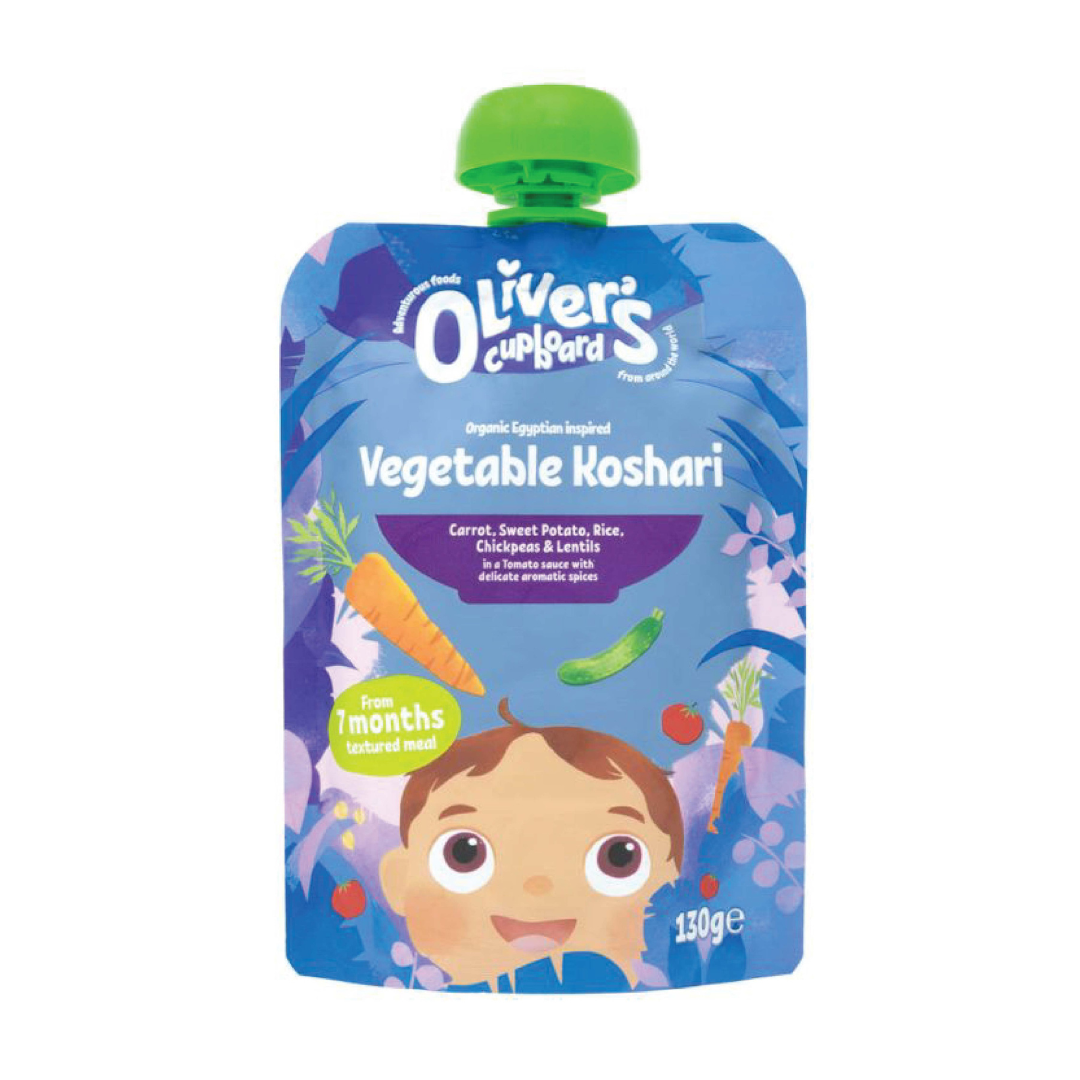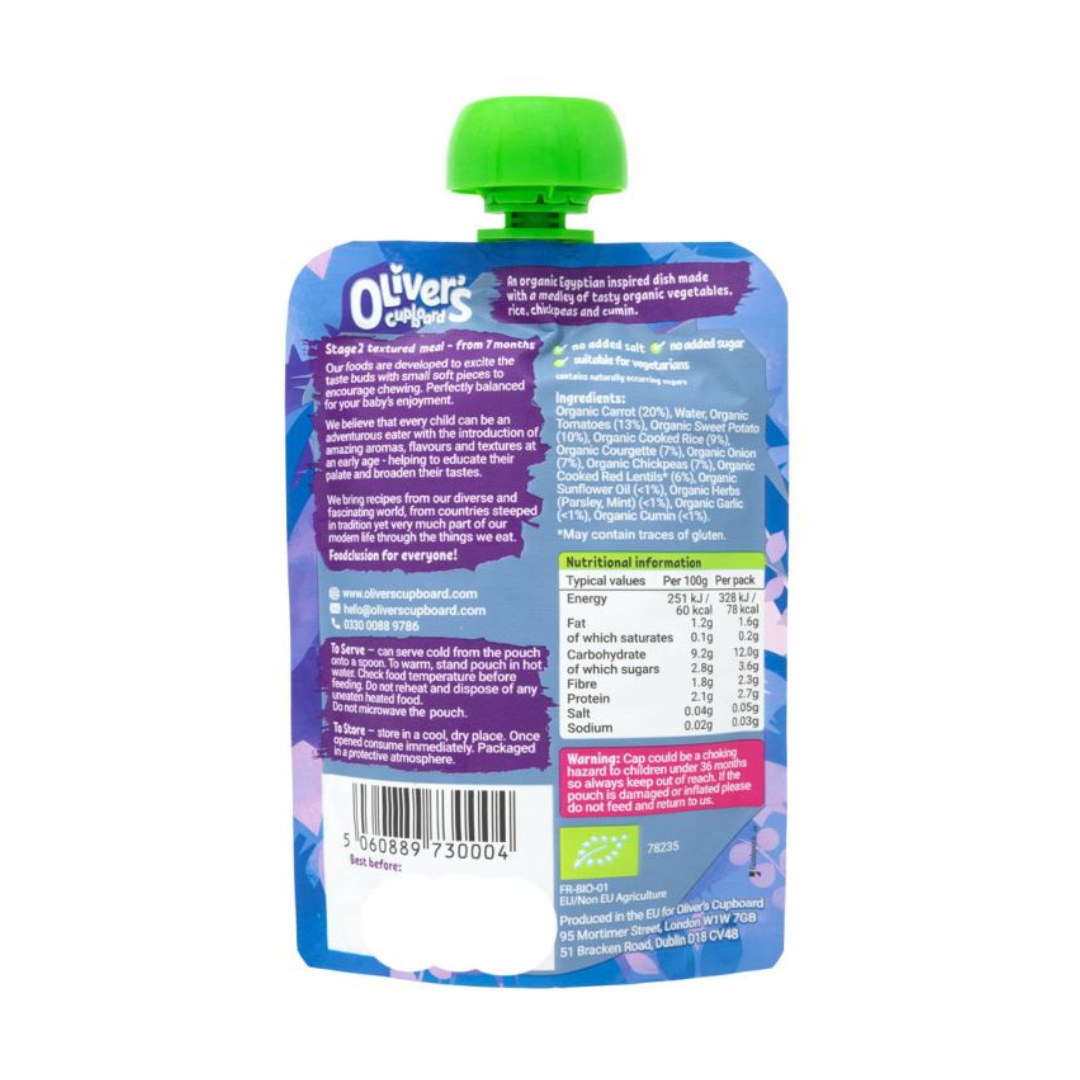In recent years, veganism has gained significant popularity, not only as a dietary choice but also as a lifestyle. This shift towards plant-based eating is not without reason. Vegan nutrition offers numerous benefits, not just for our health but also for the environment. In this article, we'll delve into the basic nutrition of a vegan, explore the health implications, discuss the nutritional benefits, and provide a vegan food list.
What is the Basic Nutrition of a Vegan?
Vegans follow a strict plant-based diet, excluding all animal-derived products. To maintain good health, it's essential to understand the basic nutritional needs of a vegan:

- Protein: While some may question the adequacy of protein in a vegan diet, there are plenty of plant-based protein sources such as legumes, tofu, tempeh, seitan, and plant-based protein supplements. These options ensure that vegans can meet their daily protein requirements.
- Vitamins and Minerals: Essential vitamins like B12, vitamin D, and minerals like calcium and iron may be a concern for vegans. Fortified foods, supplements, and a well-planned diet can help vegans meet their nutritional needs.
- Fats: Healthy fats, such as those found in nuts, seeds, avocados, and olive oil, are crucial for vegans. These fats provide energy and support various bodily functions.
- Fiber: A vegan diet is typically rich in fiber due to its focus on fruits, vegetables, and whole grains. Fiber aids digestion and is essential for a healthy gut.
Is Being Vegan Actually Healthy?
The question of whether a vegan diet is healthy is often raised. Research suggests that well-planned vegan diets can offer several health benefits. These include:
- Lower Risk of Chronic Diseases: Vegans tend to have a lower risk of heart disease, high blood pressure, type 2 diabetes, and certain cancers.
- Weight Management: A well-balanced vegan diet can support weight management and even weight loss due to its lower calorie density.
- Improved Digestion: The high fiber content of vegan diets promotes healthy digestion and can reduce the risk of gastrointestinal issues.
- Environmental Impact: Veganism is also a sustainable choice, with less impact on the environment, making it a healthy choice for the planet.
What Are the Nutritional Benefits of Being Vegan?
A vegan diet is abundant in nutrients that can promote overall health:
- Antioxidants: Fruits and vegetables are packed with antioxidants that protect against cell damage and support a strong immune system.
- Low Saturated Fat: Vegan diets are naturally low in saturated fat, which is linked to heart disease.
- Fiber-Rich: The high fiber content supports gut health, aids in weight management, and reduces the risk of colorectal cancer.
- Lower Cholesterol: Vegans typically have lower cholesterol levels, reducing the risk of heart disease.
- Reduced Inflammation: Vegan diets may reduce inflammation, which is associated with many chronic diseases.
Vegan Food List
A diverse and delicious array of vegan foods includes:
- Fruits and vegetables
- Legumes (beans, lentils, chickpeas)
- Whole grains (quinoa, brown rice, oats)
- Nuts and seeds
- Tofu, tempeh, and seitan
- Plant-based milk (almond, soy, coconut)
- Plant-based protein supplements
For those looking to explore high protein vegan options, you can find a variety of Vegan protein products and Vegan snacks in the market.
A well-planned vegan diet can provide excellent nutrition, offer health benefits, and make a positive impact on the environment. Whether you're considering going vegan or simply want to incorporate more plant-based options into your diet, understanding the basics of vegan nutrition is a great first step.

